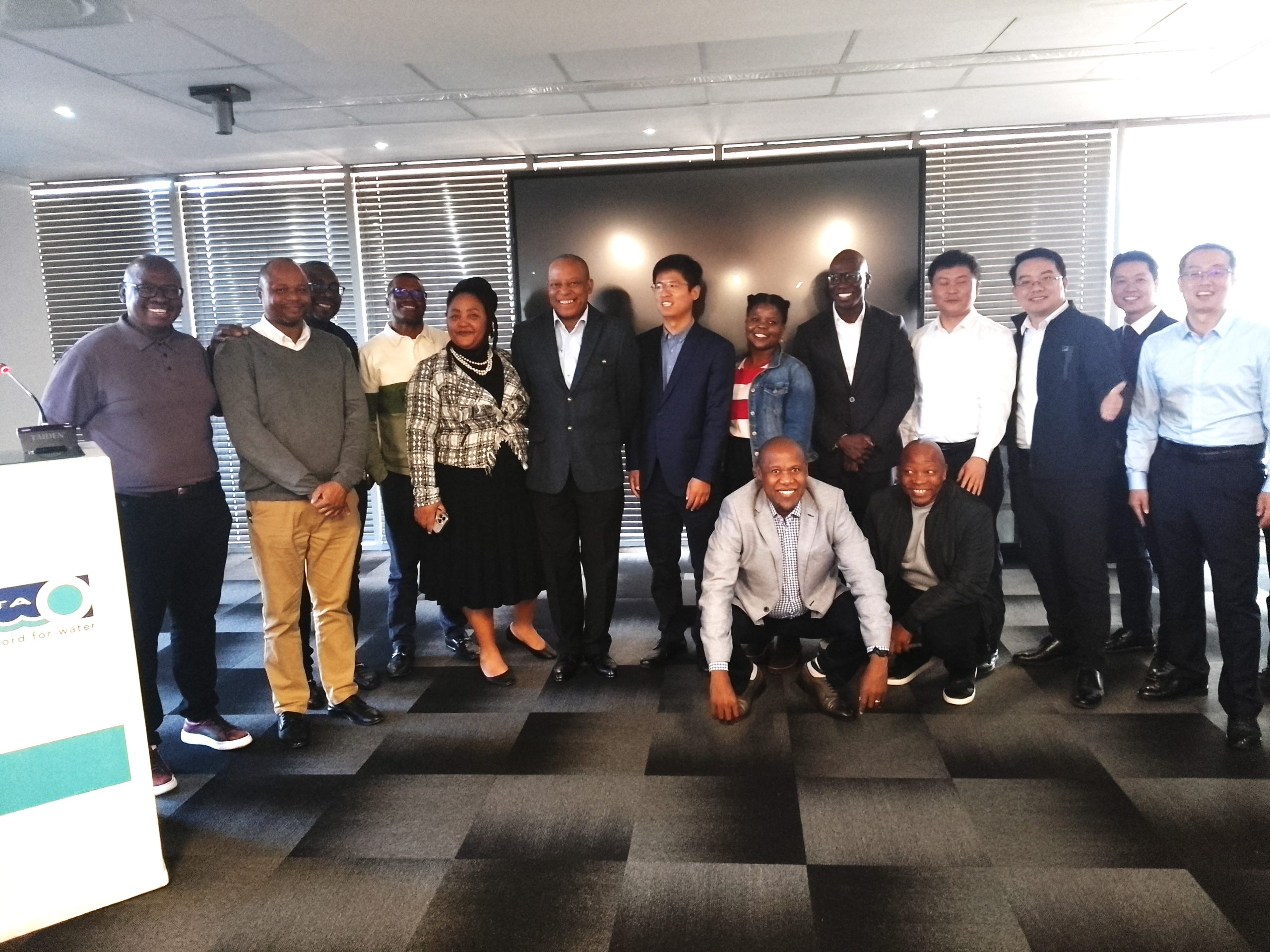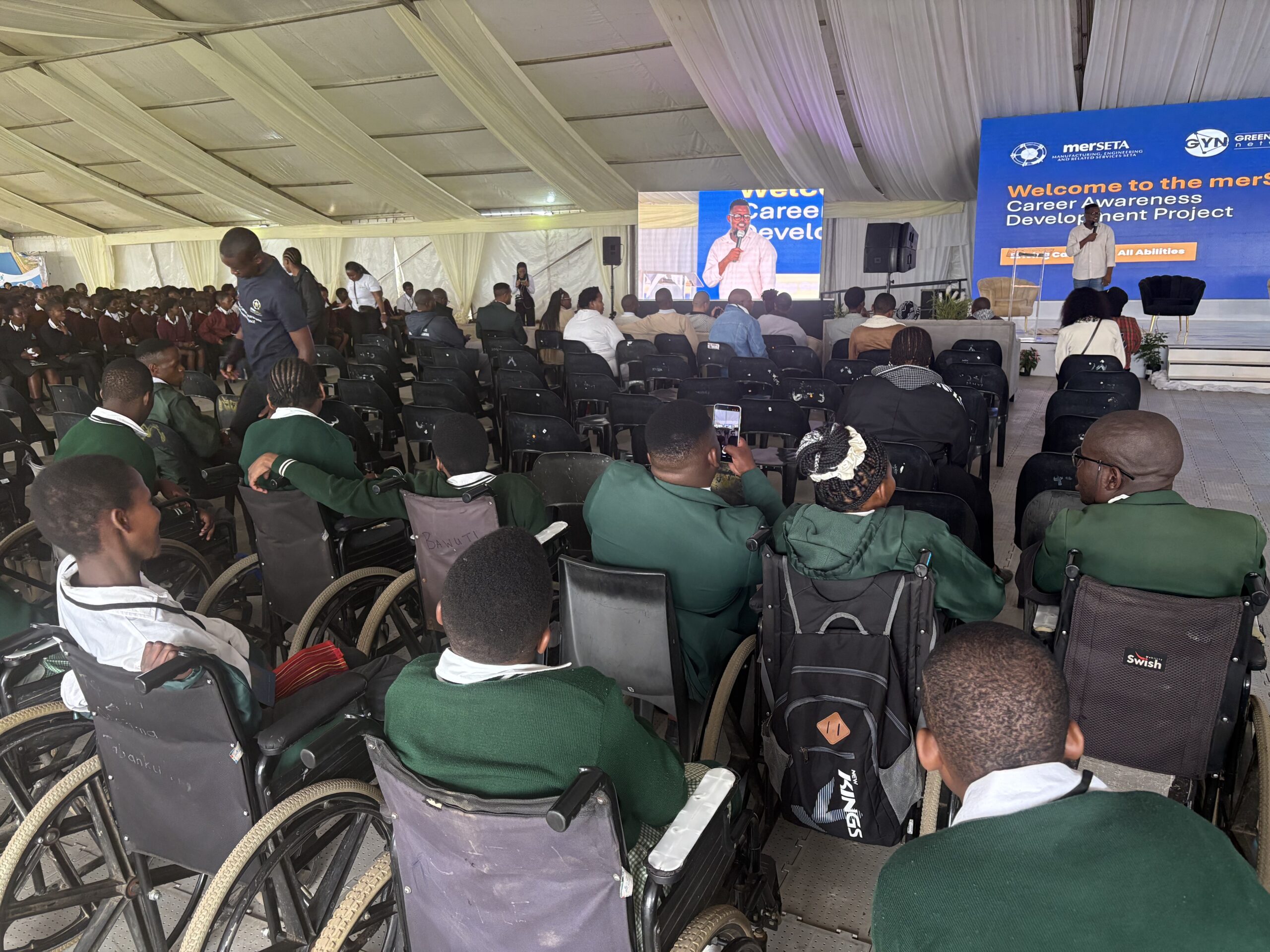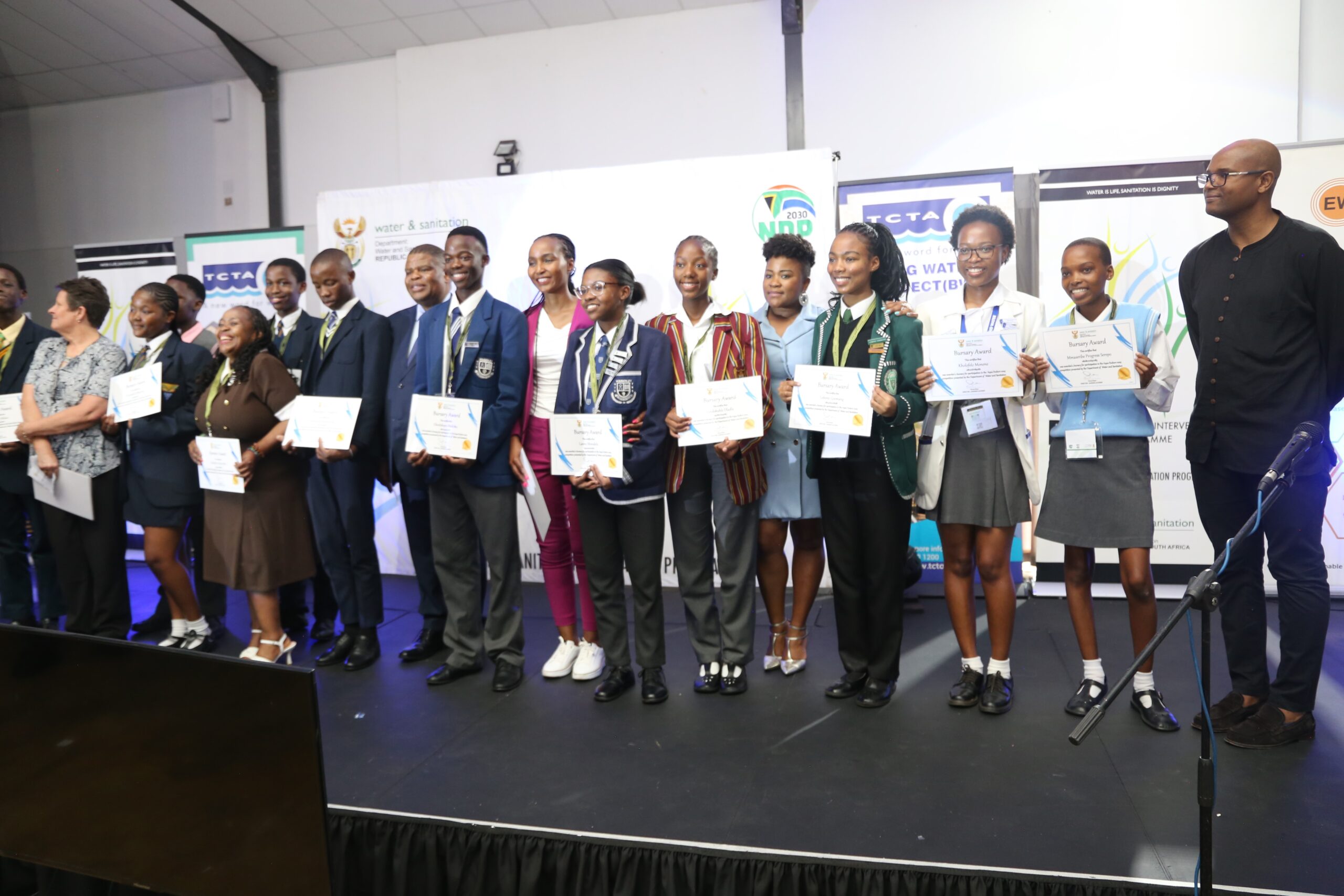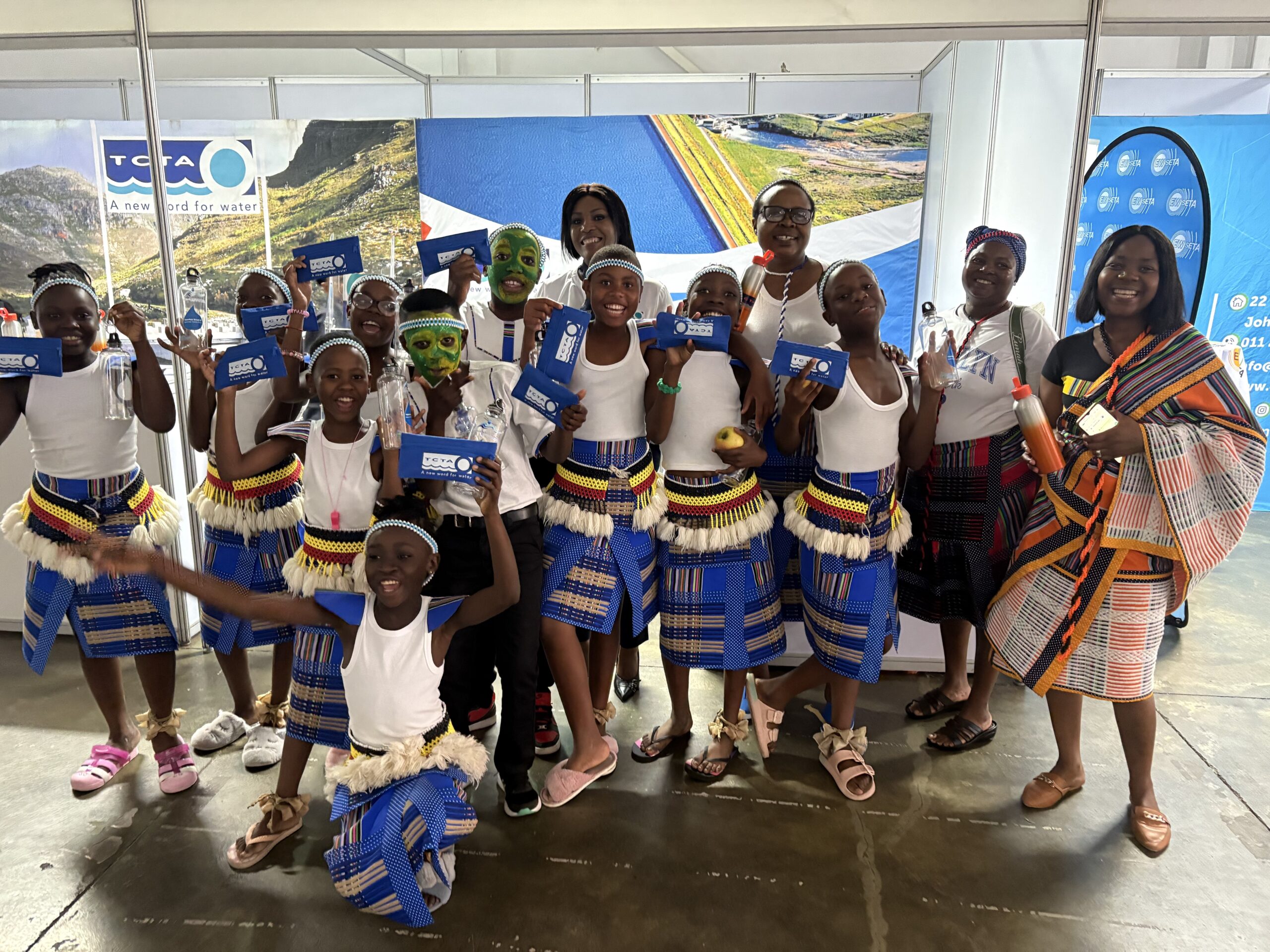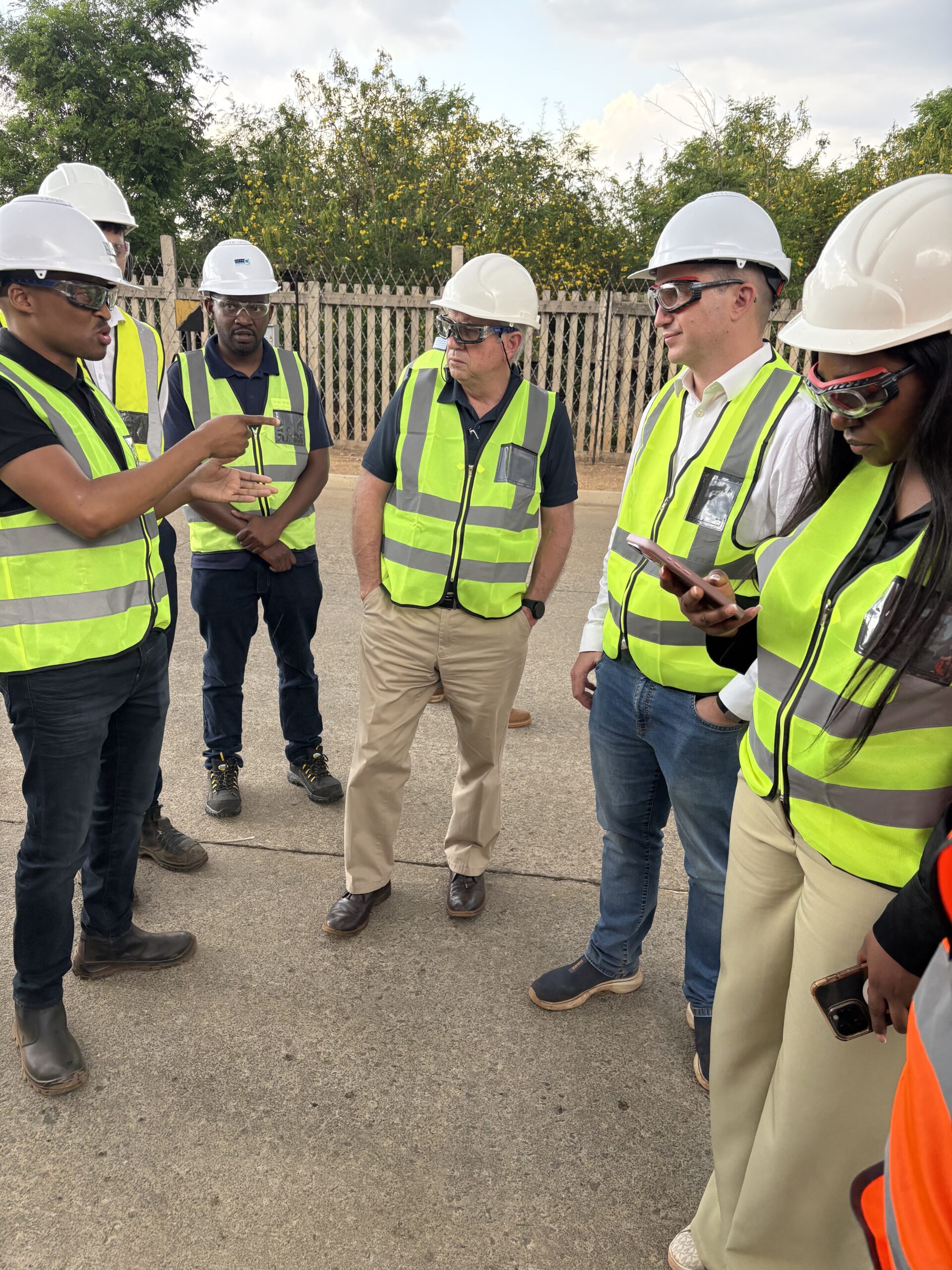By Luzamo Sandlana
A significant milestone was reached today for the Mokolo Crocodile Water Augmentation Project (MCWAP-2) with the formal signing of a Memorandum of Understanding (MoU) for its construction. The signing, a culmination of years of planning and development, took place at the TCTA offices in Centurion.
Percy Sechemane, CEO of TCTA and Zhang Peliang, CEO of Sinohydro Corporation Limited, signed the Memorandum of Understanding. It confirms the appointment of a joint venture between Sinohydro and Entsika Consulting Services as the contractor for MCWAP-2. The joint venture will construct key infrastructure, including abstraction works, pumping stations, reservoirs and pipelines, along with related multidisciplinary and ancillary works necessary to deliver the project.
MCWAP-2 forms part of South Africa’s long-term water security strategy. It is especially critical for Limpopo Province, a region of growing industrial demand. Mining and power generation activities, along with population growth, have placed increasing pressure on water resources. While MCWAP-1 successfully augmented supply to the Medupi and Matimba power stations, the scale of current and future demand calls for a stronger solution.
Godfrey Mnisi, Project Procurement Specialist, described the signing as a decisive moment. “A project which seeks to ignite hope in the people of South Africa, particularly Thabazimbi, Lephalale and surrounding areas,” he said. He noted that the MoU marks the conclusion of the award process for the construction of MCWAP-2. The project will support continued operations and expansion in key sectors, creating jobs and helping to stabilise the economy in a region vital to the national power grid.
The project will transfer water from the Crocodile (West) River to Steenbokpan and Lephalale. The future water supply point for Steenbokpan will be determined by the project engineer, ensuring optimal delivery for both industrial and community use. A notable feature of the project is the River Management System (RMS), which will regulate water flow downstream of the Hartbeespoort and Klipvoor dams and select tributaries, extending to the proposed Vlieëpoort Weir near Thabazimbi. The RMS will enable more sustainable water management, supporting both environmental preservation and developmental needs and strengthening the country’s future water resilience.
